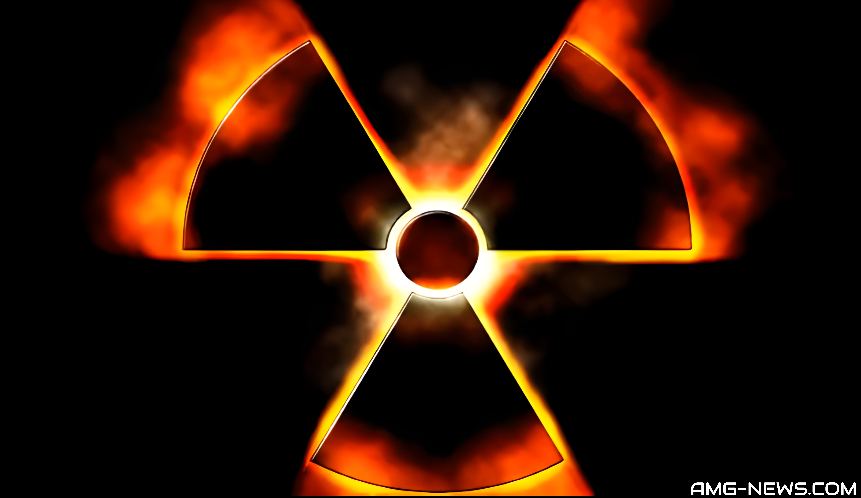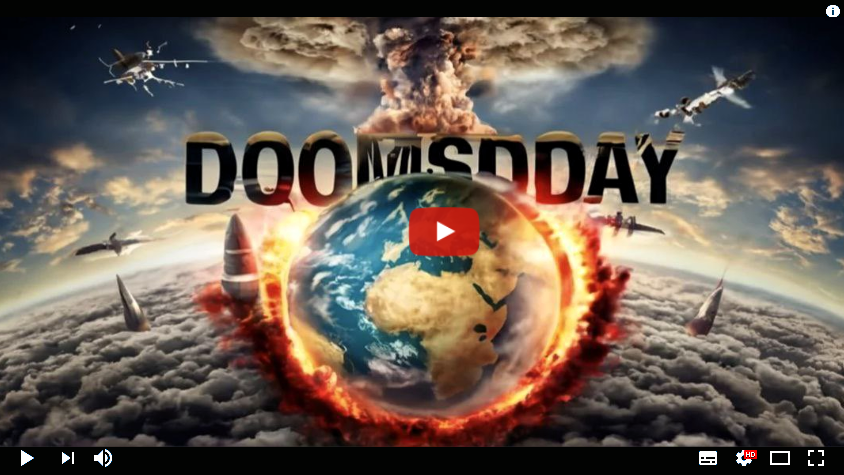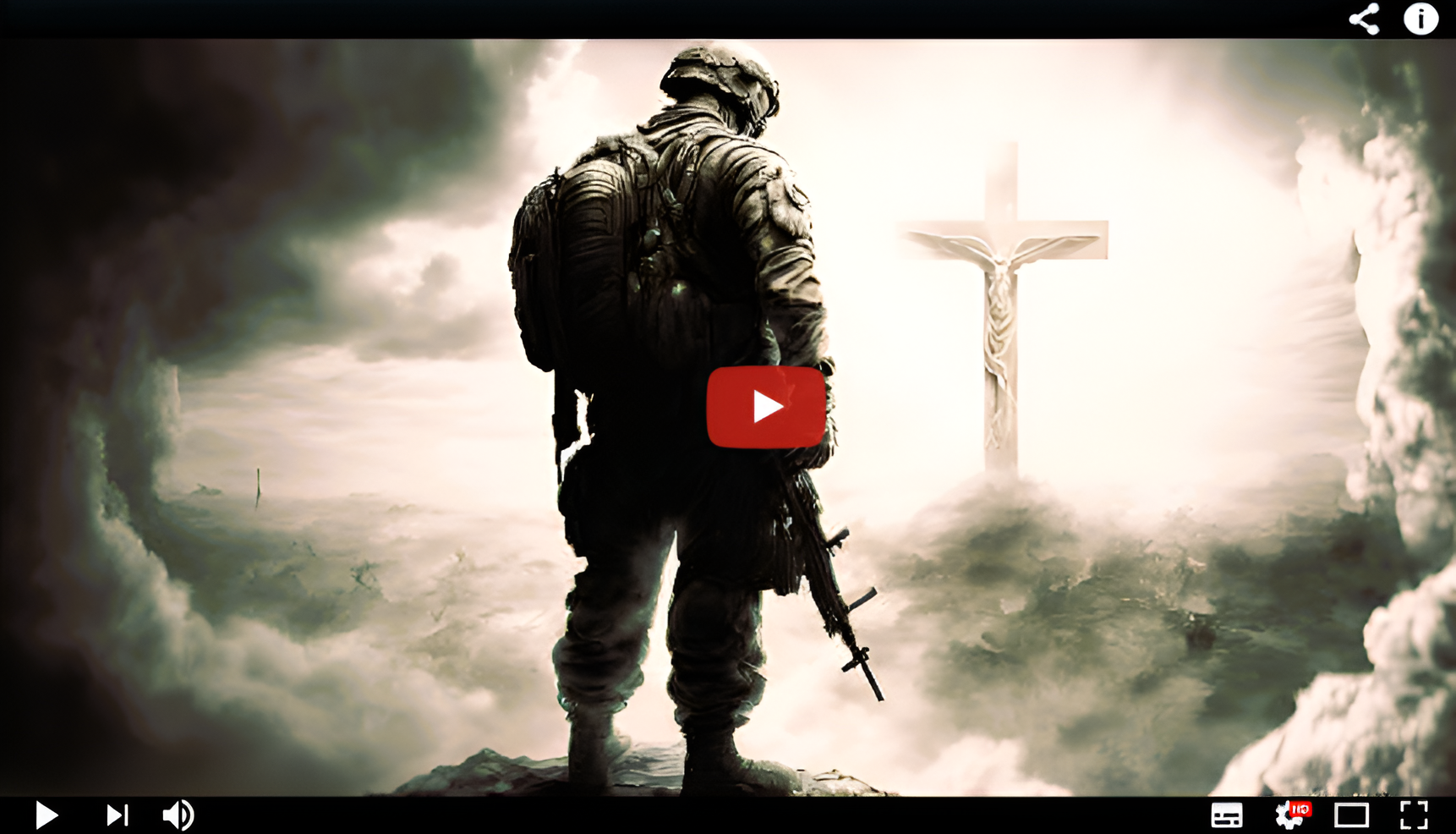Breaking Alert: Iran Claims to Possess Nuclear Weapons!

Iran’s shocking announcement of nuclear weapons possession marks a new global crisis. Explore the historical context, strategic implications, and international responses in this comprehensive analysis. Discover how this development challenges global security and the future of nuclear non-proliferation.
The Political Context Behind the Announcement
“We have obtained nuclear weapons, but we do not announce it!”
These were the chilling words uttered by Ahmed Ardestani, an influential figure in Iranian politics. This bombshell statement, seemingly contradictory in its delivery, has thrown the international community into a frenzy. The implications of Iran’s nuclear capabilities are vast and complex, prompting urgent discussions among world leaders and defense experts.
Iran’s pursuit of nuclear technology has been a topic of intense scrutiny and debate for decades. The international community, particularly Western nations, has long suspected Iran of harboring ambitions to develop nuclear weapons under the guise of a civilian nuclear program. Despite numerous sanctions and diplomatic efforts to curtail its nuclear activities, Iran has now openly claimed what many feared: it has crossed the nuclear threshold.
The Historical Timeline. Iran’s journey towards nuclear armament is rooted in a complex historical context. The country’s nuclear program began in the 1950s under the Shah’s regime, initially supported by the United States. However, the 1979 Islamic Revolution dramatically shifted the trajectory of Iran’s nuclear ambitions. The new regime, wary of foreign influence and determined to assert its sovereignty, pursued nuclear technology with renewed vigor.
International Responses and Sanctions. Over the years, Iran’s nuclear program has been the focal point of numerous international negotiations, agreements, and sanctions. The 2015 Joint Comprehensive Plan of Action (JCPOA), commonly known as the Iran nuclear deal, was a landmark agreement aimed at limiting Iran’s nuclear capabilities in exchange for economic relief. However, the deal’s fragile framework was shattered when the United States unilaterally withdrew in 2018, leading to renewed tensions and accelerated nuclear development by Iran.
WARNING! Controversial and Shocking Report Ahead
The Strategic Implications of Iran’s Nuclear Weapons
Iran’s declaration of nuclear weapon possession is not merely a regional issue; it has far-reaching implications for global security and stability. The balance of power in the Middle East is poised for a dramatic shift, with neighboring countries and global powers recalibrating their strategic approaches in response to this new reality.
The Middle Eastern Power Dynamics. The Middle East is already a volatile region, fraught with sectarian conflicts, proxy wars, and geopolitical rivalries. Iran’s nuclear capability introduces a new and dangerous element into this mix. Countries such as Saudi Arabia, Israel, and the United Arab Emirates, which have been vocal opponents of Iran’s nuclear ambitions, now face an existential threat that could prompt them to seek their own nuclear arsenals, potentially igniting a regional arms race.
Global Nuclear Non-Proliferation Efforts. Iran’s announcement also poses a severe challenge to global nuclear non-proliferation efforts. The Treaty on the Non-Proliferation of Nuclear Weapons (NPT), which aims to prevent the spread of nuclear weapons and promote disarmament, is now under significant strain. Iran’s defiance of international norms may embolden other countries with latent nuclear ambitions to pursue their own arsenals, undermining decades of non-proliferation work.
The International Community’s Dilemma. World leaders are now confronted with a daunting dilemma: how to respond to Iran’s nuclear capabilities without exacerbating the situation. The options range from diplomatic engagement and renewed negotiations to economic sanctions and military interventions. Each approach carries its own set of risks and potential consequences.
Diplomatic Engagement and Negotiations. Diplomacy remains a critical tool in addressing Iran’s nuclear ambitions. Renewed negotiations could potentially lead to a new agreement that limits Iran’s nuclear capabilities in exchange for economic incentives. However, trust-building will be a significant challenge, given the history of broken agreements and mutual suspicion.
 Economic Sanctions. Sanctions have been a cornerstone of the international community’s strategy to pressure Iran into compliance. While they have had significant economic impacts on Iran, their effectiveness in curbing nuclear ambitions is debatable. Moreover, sanctions can have unintended humanitarian consequences, further complicating the ethical dimensions of this approach.
Economic Sanctions. Sanctions have been a cornerstone of the international community’s strategy to pressure Iran into compliance. While they have had significant economic impacts on Iran, their effectiveness in curbing nuclear ambitions is debatable. Moreover, sanctions can have unintended humanitarian consequences, further complicating the ethical dimensions of this approach.
Military Interventions. The prospect of military intervention, though often discussed, carries the gravest risks. Striking Iran’s nuclear facilities could lead to a broader conflict in the Middle East, drawing in multiple countries and potentially leading to a catastrophic loss of life and stability. The consequences of such an action would be far-reaching and difficult to predict.
The Role of Major Powers: The United States, Russia, and China
The responses of major global powers will be pivotal in shaping the international community’s approach to Iran’s nuclear declaration. The United States, Russia, and China each have unique interests and strategic considerations that will influence their actions.
The United States. The United States has been a staunch opponent of Iran’s nuclear program, with successive administrations implementing a mix of sanctions and diplomatic efforts to curtail it. The current administration faces a critical decision: whether to pursue a new diplomatic agreement or adopt a more confrontational stance. The latter could involve increased sanctions or even military posturing, both of which carry significant risks.
Russia. Russia has historically maintained close ties with Iran, often acting as a counterbalance to Western pressure. Moscow’s strategic interests in the region include maintaining influence and countering US dominance. Russia’s response will likely be cautious, aimed at preserving its relationships while avoiding actions that could destabilize the region further.
China. China’s approach will be driven by its economic interests and strategic goals in the Middle East. As a major importer of Iranian oil, China has a vested interest in regional stability. Beijing may advocate for renewed diplomatic efforts, leveraging its economic relationships to influence Iran’s behavior while avoiding actions that could disrupt its energy supplies.
The Future of Nuclear Deterrence and Proliferation
Iran’s entry into the club of nuclear-armed states necessitates a reevaluation of global nuclear deterrence strategies. The concept of deterrence, which relies on the threat of mutually assured destruction to prevent nuclear conflict, becomes more complex with additional nuclear actors.
Traditional nuclear deterrence has been predicated on the balance of power between a few key states. The addition of new nuclear powers like Iran complicates this balance, introducing new dynamics and uncertainties. The international community must now consider how to integrate these new actors into a framework that maintains global stability.
The risk of nuclear proliferation increases as more countries acquire nuclear capabilities. Non-state actors and terrorist organizations may also seek to exploit these developments, posing new security challenges. Strengthening global non-proliferation regimes and securing nuclear materials will be more critical than ever.
The potential consequences of Iran’s nuclear weapons extend beyond geopolitical considerations. The humanitarian and environmental impacts of nuclear weapons use would be catastrophic, underscoring the urgent need for effective non-proliferation measures.
The use of nuclear weapons, even in a limited conflict, would result in unimaginable human suffering. Immediate casualties from the blast, long-term health effects from radiation exposure, and the potential for widespread displacement highlight the profound humanitarian stakes.
Nuclear weapons also pose severe environmental risks. The detonation of a nuclear device would result in massive environmental destruction, contaminating land and water resources and contributing to long-term ecological damage. The global community must prioritize the prevention of nuclear conflict to protect the planet’s future.
Iran’s declaration of nuclear weapon possession marks a pivotal moment in international relations, raising profound questions about global security, stability, and the future of nuclear proliferation. The world stands at a crossroads, facing a complex array of challenges and decisions.
The international community must navigate these challenges with a combination of diplomacy, strategic foresight, and a commitment to global security. Renewed efforts to engage with Iran, strengthen non-proliferation regimes, and promote disarmament are essential steps in mitigating the risks posed by this new nuclear reality.
As the world grapples with this new crisis, it is imperative for leaders, policymakers, and citizens to advocate for peace, stability, and the prevention of nuclear conflict. The stakes are too high to allow complacency or inaction. The future of global security depends on our collective ability to address these challenges with wisdom and resolve.



